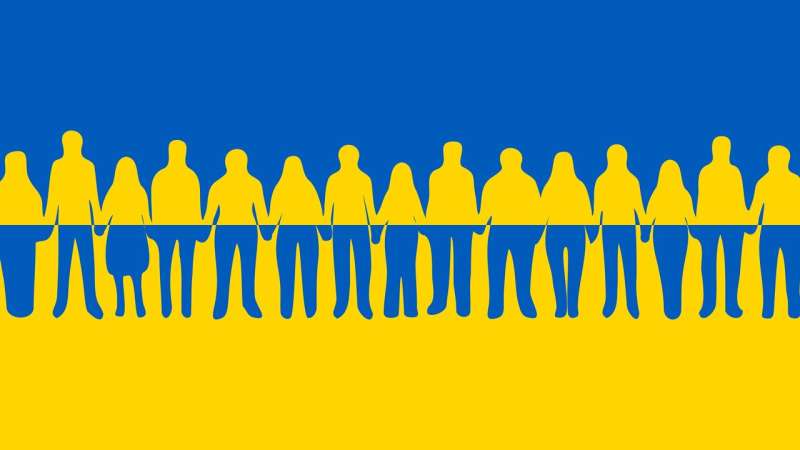Study finds Ukraine has experienced a nearly 20% decline in its scientist population due to the war

December 11, 2023
The following article has undergone auditing in compliance with the editorial process and policies set forth by Science X. The credibility and validity of its content have been ensured by following these key metrics:
- Fact-checked
- From a trusted source
- Thorough proofreading
With accreditation from Ecole Polytechnique Federale de Lausanne
Olena Iarmosh, a scientist from Ukraine, confessed that up until the early morning of February 24, 2022, she did not perceive a possibility of a Russian invasion in Ukraine. Hailing from Kharkiv, a city in Eastern Ukraine situated just 40 km away from the Russian border, Iarmosh had been working as a lecturer in higher education for over 16 years prior to her departure to Switzerland. Surrounded by incessant bombings, she initially mistook the blasts for loud machinery noises from the local power plant.
Iarmosh laments the destruction caused by the bombings, comparing them unfavourably to the damage inflicted by two German conquests in her city. Despite the turmoil, she remained within the confines of her apartment for an extended duration of nine days, before finally escaping westward to Switzerland, continuing her teaching responsibilities online all the while.
Meanwhile, Gaétan de Rassenfosse and his team carried out an extensive survey, reaching out to about 2,500 Ukrainian scientists in an attempt to evaluate the impact of war on Ukrainian research. The report of their findings was published in Humanities & Social Sciences Communications.
According to de Rassenfosse, the lead from EPFL's College of Management of Technology, nearly 20% of Ukraine's premier scientists, including Iarmosh, have sought refuge in other countries. He further added that several of these exiled scientists are subject to unstable contracts in their newfound institutions. Approximately 15% of the scientists who remain in Ukraine have stepped away from research, and others cannot contribute significantly towards research due to the prevailing war conditions.
The EPFL researchers have discovered a 20% reduction in research activity within Ukraine, with almost one-fourth of the remaining scientists losing access to critical resources crucial for their work, and a similar number unable to access their institutions physically.
The study points out that providing extended scholarships is of paramount importance for the migrant scientists. For those who remain in Ukraine, the recommendation is to create support programs, such as remote visiting schemes, digital library and computational resources access, as well as collaborative research grants.
De Rassenfosse enshrines the insights received from the survey, explaining how the exposure to a foreign culture could potentially be an opportunity for growth for the emigrant scientists.
Now employed at UNIL on a temporary contract, Iarmosh is busy adapting to her life in Switzerland while managing stringent employer regulations and temporary Swiss permit restrictions. She highlights the effort Ukraine has put into retaining its researchers and educators, expressing gratitude for the online education provision and research opportunities she still receives.
According to Rassenfosse, the danger lies in an increasing disconnect amongst the Ukrainian scientists, a situation that he feels poses a direct threat to Ukrainian research and its future. He strongly advises policymakers to lay the groundwork for the renovation of the Ukrainian research system so that scientists can return and lend their hand in grooming the upcoming generation of Ukrainian researchers.
'I am Kharkiv's biggest patriot,' Iarmosh asserts. She discusses her love for the city, including its people, mindset, and architecture. She calls attention to the immense human loss incurred throughout the ordeal and praises those who stayed back to defend Ukraine, stating that cities can be rebuilt but raising a new generation can take decades.
Derived from Ecole Polytechnique Federale de Lausanne.




